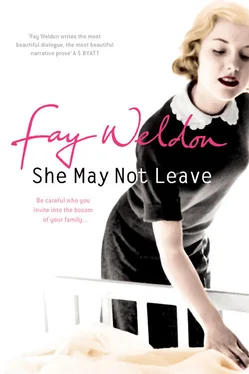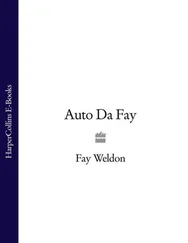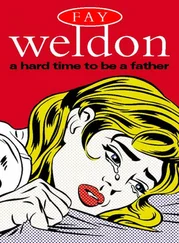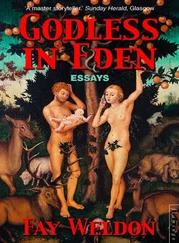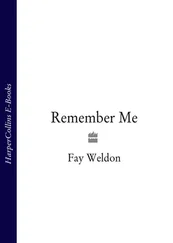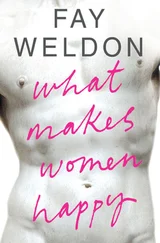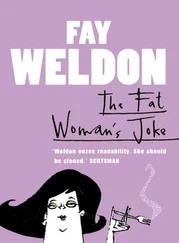That was in the sixties when women and men hopped in and out of each other’s beds with alacrity, trusting to luck and the contraceptive pill to save them from the consequences of broken hearts and broken lives, and before venereal diseases (now called STDs to remove the sting and shame) put a blight on the whole enterprise – herpes, Aids, chlamydia and so on – but I never urgently sought after righteousness or thought the world could be much improved by the application of Marxist theory.
In any case I had too little time or energy left over from successive emotional, artistic and domestic crises to concern myself with political theory. The creative gene is strong in the Hallsey-Coe family, and we tend to marry others like us, so lives of quiet respectability amongst them are rare. We end up writers, painters, musicians, dancers – not metallurgists, marine biologists or solicitors. In other words we end up poor, not rich.
Hattie, a linguist and a girl of high principle and political awareness, is fortunate enough to be born without a creative spark in her, though this can sometimes flare up quite late, and there may yet be trouble ahead. Serena did not start writing until she was in her mid-thirties: Lallie on the other hand was an infant prodigy, performing a Mozart flute concerto for her school when she was ten.
The Effects Of Bricks And Mortar On Lives
Let me tell you more about Hattie’s and Martyn’s house. Houses are not neutral places. They are the sum of their past inhabitants. It is typical of the English of the aspiring classes that they prefer to live in old places rather than new. They crawl into someone else’s recently abandoned shell and then proceed to ignore whoever it was who went before. Tell them they’re behaving like hermit crabs, and they raise their eyebrows.
Pentridge Road was built towards the end of the nineteenth century, rooming houses for the working classes, few of whom ever grew to optimum size or lived beyond fifty-five. The young couple see themselves as somehow set apart from the heritage of bricks and mortar in which they live. They feel they have sprung into existence ready-formed and into a brand new world, blessed with more wisdom and sophistication than their predecessors. Tell them they inherit not only the genes of their forebears but the walls and ceilings of those socially and historically related, and they look at you blankly.
Some things do happen which are an improvement – facts are certainly easier to come by in the twenty-first century than in the age of the printed page. News of the outside world flows like chlorinated water from radio and television: houses are better warmed and food cupboards more easily filled, but those who live in them are as much as ever at the mercy of employers and whatever rules of current cultural etiquette apply, whether it’s the obligation to fear God or to own an iPod.
Tear off the old wallpaper – as Hattie and Martyn did when they bought the house – and find yellowed scraps of newspaper beneath – accounts of the Match Girls’ Strike, the force ten gale which brought down the Tay Bridge, the costumes worn at Edward VII’s coronation. Hattie and Martyn scrape them all ruthlessly into the bin, scarcely bothering to read. I think the otherness of the past disturbs them too much: they like everything new and fresh and startagain.
The plaster walls are painted cream, not papered dark green and brown, and the paint at least does not poison you with lead – though traffic pollution may serve you worse. But very little changes in essence. Other generations lay in this same room at night and stared at the same ceiling worrying what the next day held.
In my sister Serena’s solid early-Victorian house in a country town, the stone stairs from the basement are worn down in the middle from the tread of countless servants, up and down, up and down. You’d think their tired breath would haunt the place but it doesn’t seem to. Serena’s mother-in-law died in the room where Serena now has her office but the fact only very occasionally affects her, though she claims her ghost walks on Christmas Eve. That is to say she once saw the old lady cross the passage from spare room to bathroom, and looking twice there was no one there. Her mother-in-law left a benign presence behind her, Serena claims. When I say, ‘But I have seen the ghost of the living Sebastian in his studio,’ she does not want to believe me. She likes to be the only one in touch with the paranormal. She isn’t.
I live in a small farmhouse which has been a dwelling for the last thousand years at least. The hamlet, outside Corsham in Wiltshire, is mentioned in the Domesday Book. Its occupant would have been fairly low down the social scale: a sub-tenant perhaps. Originally it was a single room for family, animals and servants. Then an outside staircase was built and a couple of rooms above. The families moved upstairs, the servants and animals stayed below. Outhouses were built: animals were separated out from servants. The original barn was long ago converted to a dwelling. A studio was built out the back where Sebastian now paints, in ghostly form, and I hope will again, less spectrally.
Sometimes I wake in the middle of the night, seized by the fear that he will behave like an ageing man after a heart operation, and try to change his life, and the change will include separating out from those that love him. It happened to Serena and it could happen to me. In these wakeful nights the house creaks and groans and sighs, from sheer age or from the spirits of those who went before, including pigs, horses, sheep, servants, forget the masters and mistresses. Oh believe me, we are not alone. The central heating gurgles like a mad thing at night.
But back to the young, the loving, the breeding and the present, that is to say Hattie and Martyn. Martyn, to give him credit, is more conscious of the past than many, if only as a contrast to the benign Utopia he and his friends hope to achieve. Martyn has explained to Hattie, as she sits trapped in her nursing chair (an antique, which Serena bought her as a present) feeding Kitty, that the terrace house they live in – two up, two down – was designed for the wave of Irish navvies brought in to complete the earthworks for the great London stations which served the manufacturing North, the land of his roots. St Pancras, King’s Cross, Euston, Marylebone – every shovelful of earth and rock had to be moved by hand, and now forms Primrose Hill.
Hattie would like to live somewhere larger, even if less historical, but they cannot afford it and in any case, says Martyn, they should be grateful for what they have.
The navvies lived six to a room in what is now home for two grown-ups, one baby and now the maid. There is still an old coal fireplace in the top back bedroom where once, over coals scavenged from the King’s Cross mustering yards, meat and potatoes were cooked. A puny extension for the kitchen and bathroom was built in the 1930s and takes up nearly all the sunless yard. Agnieszka is to have the small back bedroom, next door to the one where currently Martyn, Hattie and Kitty sleep.
There is gas-fired central heating but the gas comes from under the North Sea and no longer from the coal mines. It’s cleaner, but it’s expensive and Martyn and Hattie dread the bills. Though at least everyone on the way from the oil rigs of the north to the man who reads the meter – or rather leaves his card and runs – is decently paid. Or so says Martyn. Martyn’s father, grandfather and great-grandfather fought for this prosperity and justice and achieved it. No one now who can’t afford a lottery ticket!
Martyn has recently been asked by his employers to write two articles explaining to a doubtful public that casinos are a good thing, bringing pleasure to the people, and he has, although he is not quite sure that he agrees. But he bites back argument as he writes. There is, as always, a case for both sides and it is not sensible to overturn too many apple carts in pursuit of a principle, this being a relativist age, and Hattie not earning, and so early in what he hopes eventually to be a parliamentary career.
Читать дальше
